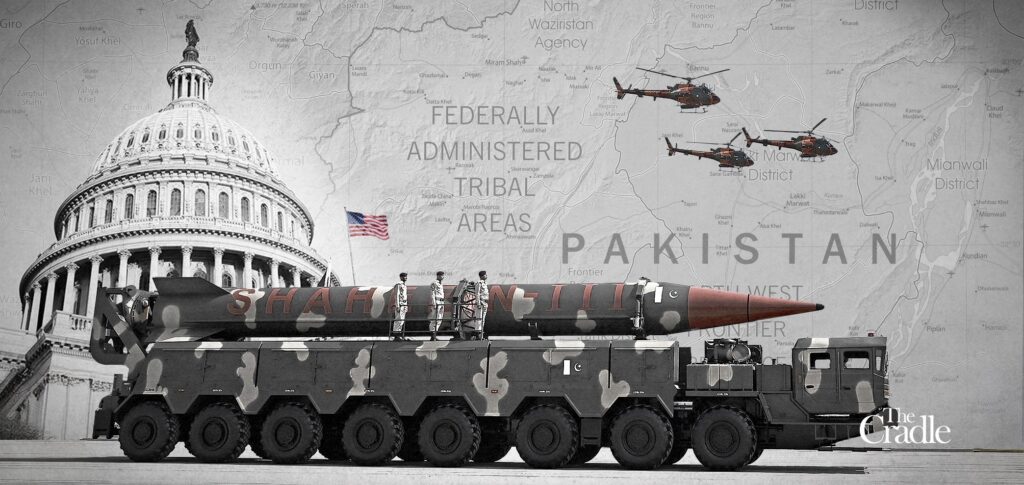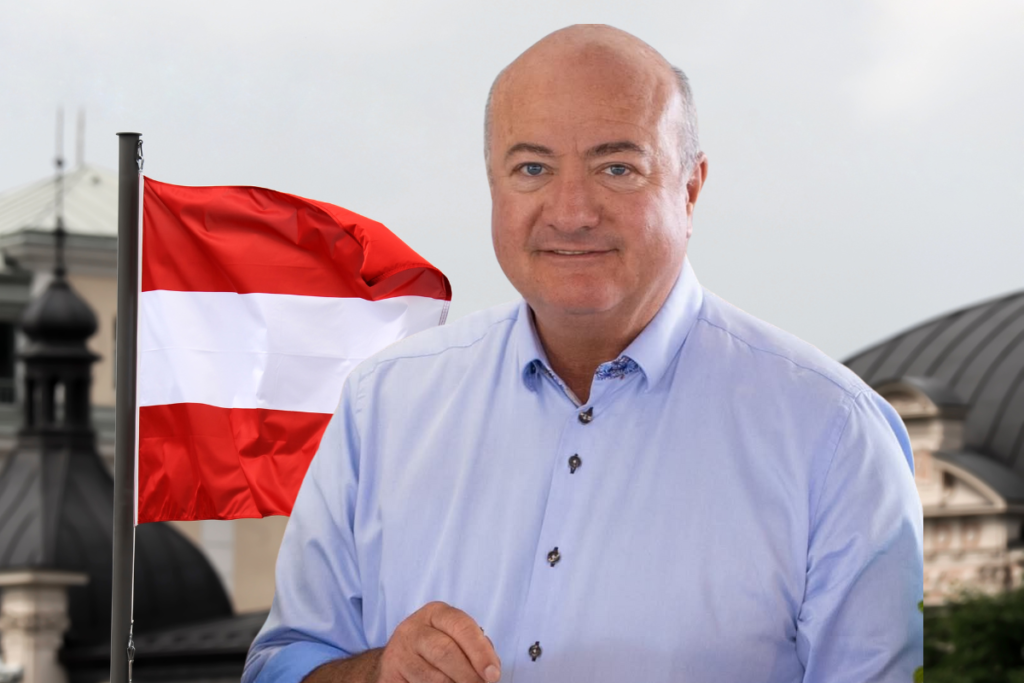The World Economic Forum (WEF) has come under fire after reportedly hosting a controversial figure linked to Hay’at Tahrir al-Sham (HTS), an Al-Qaeda-affiliated group, on its main stage during the annual Davos meeting.
The incident, which surfaced through investigative reports, has sparked outrage among global security experts, human rights advocates, and governments, raising concerns about the forum’s vetting process and its broader implications for counterterrorism efforts.
According to reports, the individual in question was invited to discuss geopolitical tensions and humanitarian challenges in Syria. While WEF organizers have yet to confirm the speaker’s identity publicly, sources allege the individual is connected to HTS, which controls large portions of Idlib province and has been designated a terrorist organization by the United States and the United Nations.
A Controversial Presence in Davos
The WEF meeting, held annually in Davos, Switzerland, is a gathering of world leaders, business magnates, and prominent thinkers aimed at addressing global challenges. However, this year’s event has faced backlash for what critics call a “shocking lapse in judgment.”
Security analysts argue that featuring a representative from HTS undermines international counterterrorism efforts and could inadvertently legitimize extremist groups. “The inclusion of any figure associated with HTS is not only alarming but sends a dangerous message,” said Dr. Jonathan Schanzer, a senior fellow at the Foundation for Defense of Democracies.
HTS, which emerged from the former Al-Nusra Front, has been accused of committing war crimes and imposing harsh rule over civilians in areas under its control. Its presence at an event like Davos has raised questions about how global platforms are being used to shape narratives.
WEF Faces Backlash
In response to the uproar, WEF representatives have stated that they do not endorse or validate the views of every speaker. However, critics argue that the organization has a responsibility to ensure that its platform is not used to further the interests of individuals or groups tied to violence and extremism.
“The World Economic Forum’s mission is to foster global collaboration, but hosting someone with alleged ties to HTS directly contradicts that goal,” said Sarah Leah Whitson, executive director of Democracy for the Arab World Now (DAWN). “This calls into question the forum’s due diligence in speaker selection.”
Broader Implications
The incident has wider implications for international diplomacy and global security. Experts warn that providing a platform to individuals tied to extremist groups could erode trust in global institutions and complicate efforts to combat terrorism.
“Platforms like the WEF are incredibly influential,” said counterterrorism expert Colin Clarke. “When groups linked to violence gain access to these spaces, it risks normalizing their narratives and undermining decades of work in counterterrorism.”
The controversy also highlights the complexity of addressing humanitarian crises in conflict zones like Syria, where distinguishing between legitimate actors and extremist groups is often challenging.
A Call for Transparency
As criticism mounts, human rights advocates are calling for greater transparency in how the WEF selects its speakers and engages with politically sensitive issues. Some have demanded a formal investigation into how the individual allegedly linked to HTS was invited and whether proper protocols were followed.
“This isn’t just a PR issue for the WEF; it’s a matter of global security,” said Whitson. “The international community deserves an explanation.”
For now, the WEF has yet to release an official statement addressing the specifics of the allegations. Whether this controversy will prompt changes in how the organization operates remains to be seen, but the incident has undoubtedly added to the scrutiny surrounding global gatherings of power and influence.



